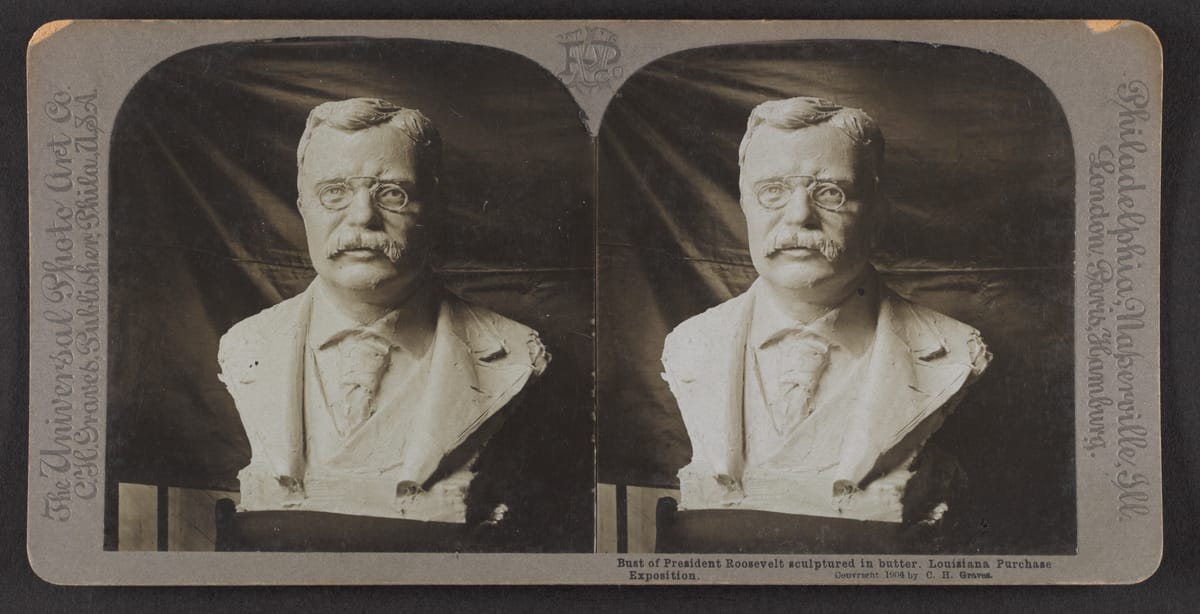Two Words to Up Your Policy Game

I was once at a country fair filled with blooming onions and handmade soaps, workshops on sheep shearing and DIY blacksmithing. I stopped into a talk on climate advocacy where the audience sat on hay bales and the presenter gave a super overview on how to be a climate advocate. But there was one key piece missing.
When I worked in Congress, my inbox was full to bursting with asks: cosponsor this bill, lead on this letter, make this floor statement. And when the Congressman did what folks asked, sometimes it went unacknowledged.
This is not how to build a long-term relationship with a politician.
If someone pinged me with an ask and I didn't recognize their name, the first thing I did was type it into my inbox search bar to see if we'd been in touch before. And every so often, the last email from them was an ask that the Congressman had followed through on.
What a difference it would have made if the last email I'd had from them was a thank you for what the Congressman had done. Especially if it was on an issue where he had to stick his neck out to do it - go against another bloc of constituents, party leadership, the White House.
If a friend only came a-knocking when they wanted something from you, how much would you value or trust them?
It will almost always be easier for politicians not to do something than to do something (more on that here). They get asks morning, noon, and night. Which is as it should be: we live in a representative democracy and they are our representation in policy change. But they can't say yes to the lion's share of asks they get.
It's worth noting that many of those asks aren't from constituents, but from special interest. If legislators don't hear from folks they represent (and this isn't uncommon on the state level), then lobbyists have an even bigger microphone with them. Which is all the more reason for us to know how policy is made so we can make sure our voice is heard above the special interest fray.
So when legislators do do something we ask and we acknowledge that, we're signaling we get their reality. We don't take their action - or them - for granted. Which is key to keeping the good legislators in office; and we need the good ones to stay in office!
The premier league, gold standard, best in show status a constituent or advocate can have is being a person the legislator seeks out. "Where is so-and-so on this?" my boss would ask. That's who we want to be: the "so-and-so." And one of the easiest ways to build towards that status is by saying thank you.
If we want to take it to the 201 level, we could thank them publicly, too: write an op-ed, post on social media, give them a shout out at a town hall or a call-in radio show.
Legislators need constituents to keep them in office. A public thank you shows we get that and are doing our part to let more constituents know about their legislator's good deeds.
Note: if it's a contentious issue and the legislator has constituents on many sides of it, it's not always the best thing for them to have us shout it from the rooftops. My MO is if the legislator mentions it publicly via press release, social media, interview, etc., it's a-okay to give them a public dose of gratitude.
From the hay bale at the country fair, I raised my hand. Loved this, I said, and just wanted to add that when a legislator does what we ask, it's always great to send along some thanks.
The presenter nodded and then hit the nail on the head: Yes, thank them, she said. It's good relationship stewardship, but most importantly, it's just being a good human.
